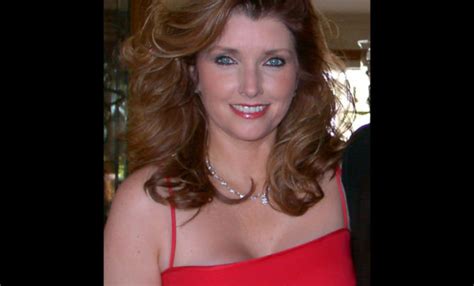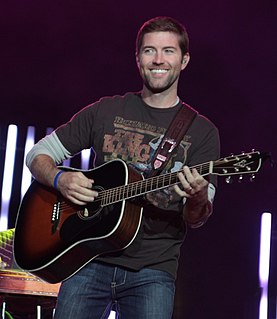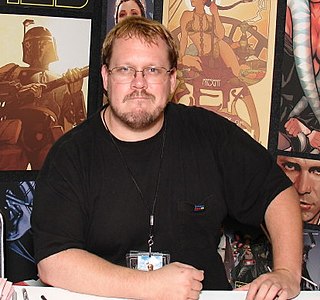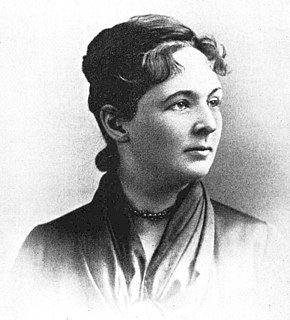A Quote by Morgan Brittany
At the time I was growing up in the business I was very well established within the industry as a child actor and as I grew up and turned into a teenager there was less and less work.
Related Quotes
I feel like I grew up differently, when you're a child actor you grow up differently, but it's not that different than growing up as, like, a child basketball player who goes to the NBA. There are certain kids who become professionals at a very young age. There's a lot of sacrifice that goes into that.
I did not write it [Coming of Age in Samoa] as a popular book, but only with the hope that it would be intelligible to those who might make the best use of its theme, that adolescence need not be the time of stress and strain which Western society made it; that growing up could be freer and easier and less complicated; and also that there were prices to pay for the very lack of complication I found in Samoa - less intensity, less individuality, less involvement with life.
Obviously, signing on with Puma right when I turned pro, it's been a great fit for me to show off my colorful lifestyle as far as where I grew up and how I grew up, growing up on a public driving range and growing up around action sports my whole life. Not exactly the normal road that guys take to get to the PGA Tour.
'All-Star Wonder Woman' would get worked on in what is laughably referred to as my 'spare time.' I just ended up with less and less time to devote to it. Eventually, we all realized that it was taking forever, so we just all agreed to hold off on it 'til the time was right to do it properly. Well, I still have a contract; DC never tore it up.
I grew up in a utopia, I did. California when I was a child was a child's paradise, I was healthy, well fed, well clothed, well housed. I went to school and there were libraries with all the world in them and after school I played in orange groves and in Little League and in the band and down at the beach and every day was an adventure. . . . I grew up in utopia.
Where people work longest and with least leisure, they buy the fewest goods. No towns were so poor as those of England where the people, from children up, worked fifteen and sixteen hours a day. They were poor because these overworked people soon wore out -- they became less and less valuable as workers. Therefore, they earned less and less and could buy less and less.
Parenting can be established as a time-share job, but mothers are less good "switching off" their parent identity and turning to something else. Many women envy the father's ability to set clear boundaries between home and work, between being an on-duty and an off-duty parent.... Women work very hard to maintain a closeness to their child. Father's value intimacy with a child, but often do not know how to work to maintain it.




































